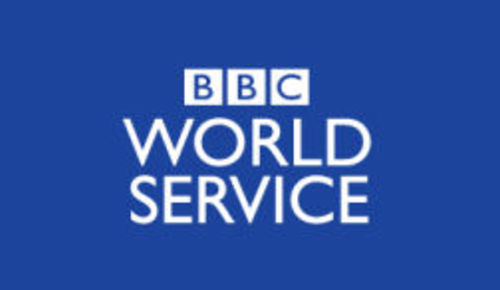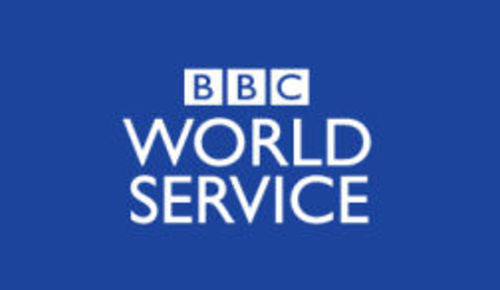
Churchill in the News
Why all of Europe Should Thank Churchill and the BBC

July 26, 2010
By Denis MacShane
THE YORKSHIRE POST, 17 June 2010 – Late on a sultry London night, 70 years ago, a tall, rather badly-dressed Frenchman with a receding chin, a narrow moustache and slicked-down black hair, went quietly into Broadcasting House, in London.
He made a short broadcast in French lasting barely two minutes. No-one can remember hearing it live. In 1940, the BBC broadcast only five minutes in French a day, so the habit of tuning in to the BBC’s recently launched broadcast in foreign languages had not really taken hold.

2024 International Churchill Conference
The appeal to France to continue resisting the German invader and occupier has entered French legend with the same impact that the English revere Magna Carta or the Americans worship the Declaration of Independence.
It was an act by a lonely individual who only a few months previously had been a mere colonel in the French army. It was part of the tumultuous tractations between France and Britain as the most Francophile Prime Minister in British history, Winston Churchill, gazed with horror on the country he loved and admired nearly as much as his own England or his mother’s America.
Looking backwards through the prism of the carefully-constructed memoirs, part history, part myth-making that Churchill and de Gaulle wrote after the war, the appeal of June 18, 1940, seems a logical and necessary point in history in which two men of destiny embraced.
Churchill had given France everything except the RAF to try to stop the defeat. Britain, alone, saved Europe and, arguably, the world, from a long period of authoritarian rule. Churchill became the free world’s hero in 1945.
De Gaulle had to wait much longer to transform the brief statement he made on June 18 into his re-creation of a France splendid, confident, puissant and able, by the time of Churchill’s death, to have overtaken Britain in terms of economic, social and cultural power and moreover to have helped give birth to a process European integration which isolationist British politicians, Eurosceptic avant la lettre, turned their noses up at.
The voice of France making the appeal of was that of General de Gaulle. But the words and the ideas in it were equally those of Churchill. The two men had met briefly in the preceding weeks of June as Churchill flew backwards and forwards to France to try to persuade the French government to fight on.
De Gaulle was not a Montgomery or Eisenhower. He was a political soldier who made his name as an intellectual able to think about fighting the next war with new methods and tactics.
Read the entire article here at the Yorkshire Post
©Yorkshire Post
Subscribe
WANT MORE?
Get the Churchill Bulletin delivered to your inbox once a month.


